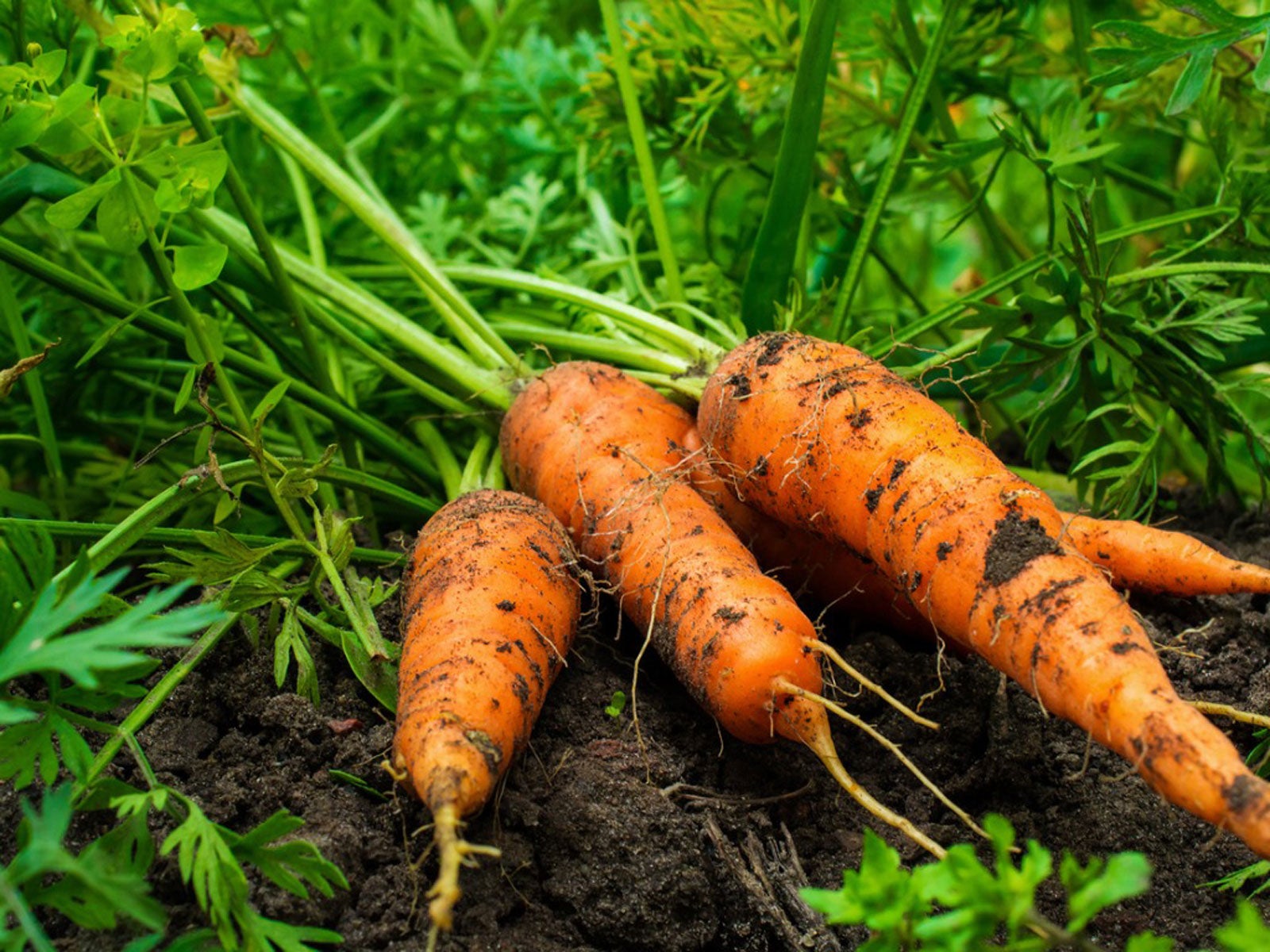Autumn Vegetable Harvest: Picking Vegetables In The Fall


Sign up for the Gardening Know How newsletter today and receive a free copy of our e-book "How to Grow Delicious Tomatoes".
You are now subscribed
Your newsletter sign-up was successful
Few things are better than enjoying the harvest you worked so hard to produce. Vegetables, fruits, and herbs can be harvested throughout the summer, but the fall vegetable harvest is unique. It includes cool-weather greens, lots of roots, and beautiful winter squashes.
Planting Midsummer for an Autumn Vegetable Harvest
Many people only plant in spring, but in order to get vegetables for fall harvest, you need to do a second or even third planting. To know exactly when to plant, find the average first frost date for your area. Then check the time to maturity on the seeds for each vegetable and you’ll know when to start them.
There is some flexibility with when you start the seeds depending on plant type. Bush beans, for instance, will be killed by the first real frost. Some vegetables that are hardier and can survive light frosts include:
Vegetables you can pick in autumn extend to the hardiest, those that may survive well into November, depending on where you live:
Picking Vegetables in the Fall
If you time all the plantings right, you’ll get a nice steady fall harvest for several weeks or months. Keep a record of when you planted each vegetable and the average time to maturity. This will help you harvest more efficiently and avoid missing any plants.
Harvest greens before maturity if necessary. Baby chard, mustard, kale, and collard greens are more delicate and tender than mature leaves. Also, try to harvest them after the first frost. The flavor of these bitter greens improves and becomes sweeter.
You can leave root vegetables in the ground well past the frost point. Layer mulch over the top to keep them from freezing in the ground and come back to harvest as you need them. Don’t forget to pick and use any green tomatoes that didn’t have time to ripen as well. They can be delicious when pickled or fried.
Sign up for the Gardening Know How newsletter today and receive a free copy of our e-book "How to Grow Delicious Tomatoes".

Mary Ellen Ellis has been gardening for over 20 years. With degrees in Chemistry and Biology, Mary Ellen's specialties are flowers, native plants, and herbs.